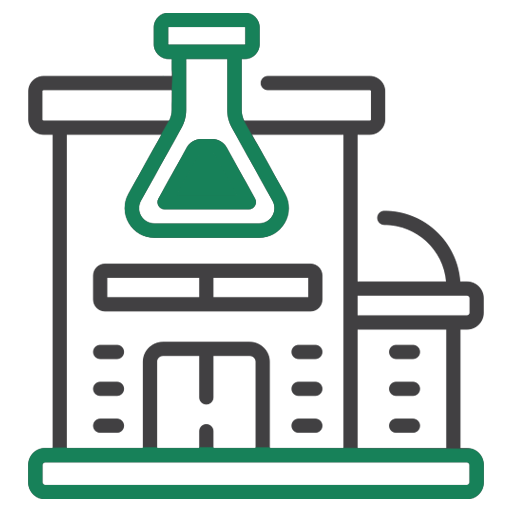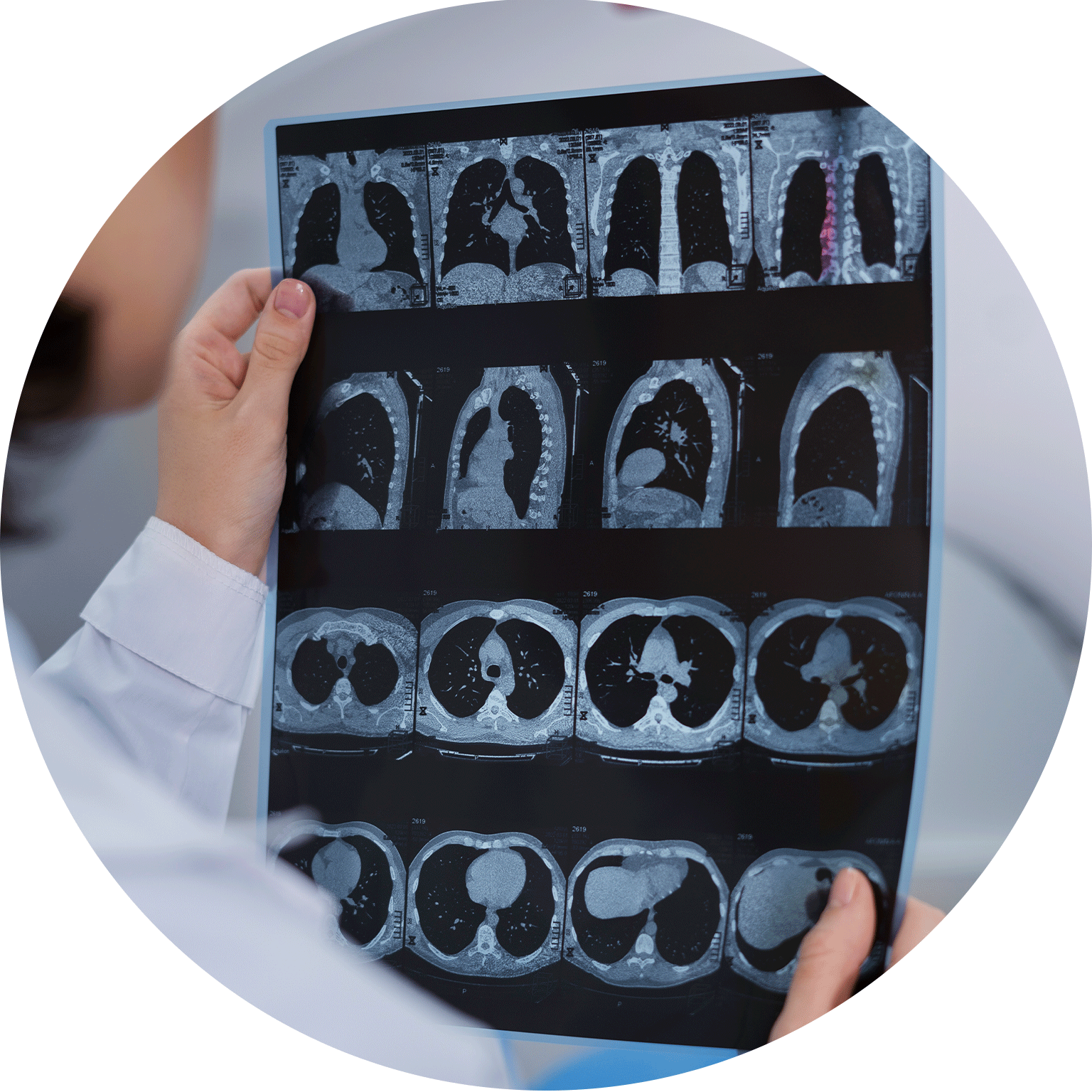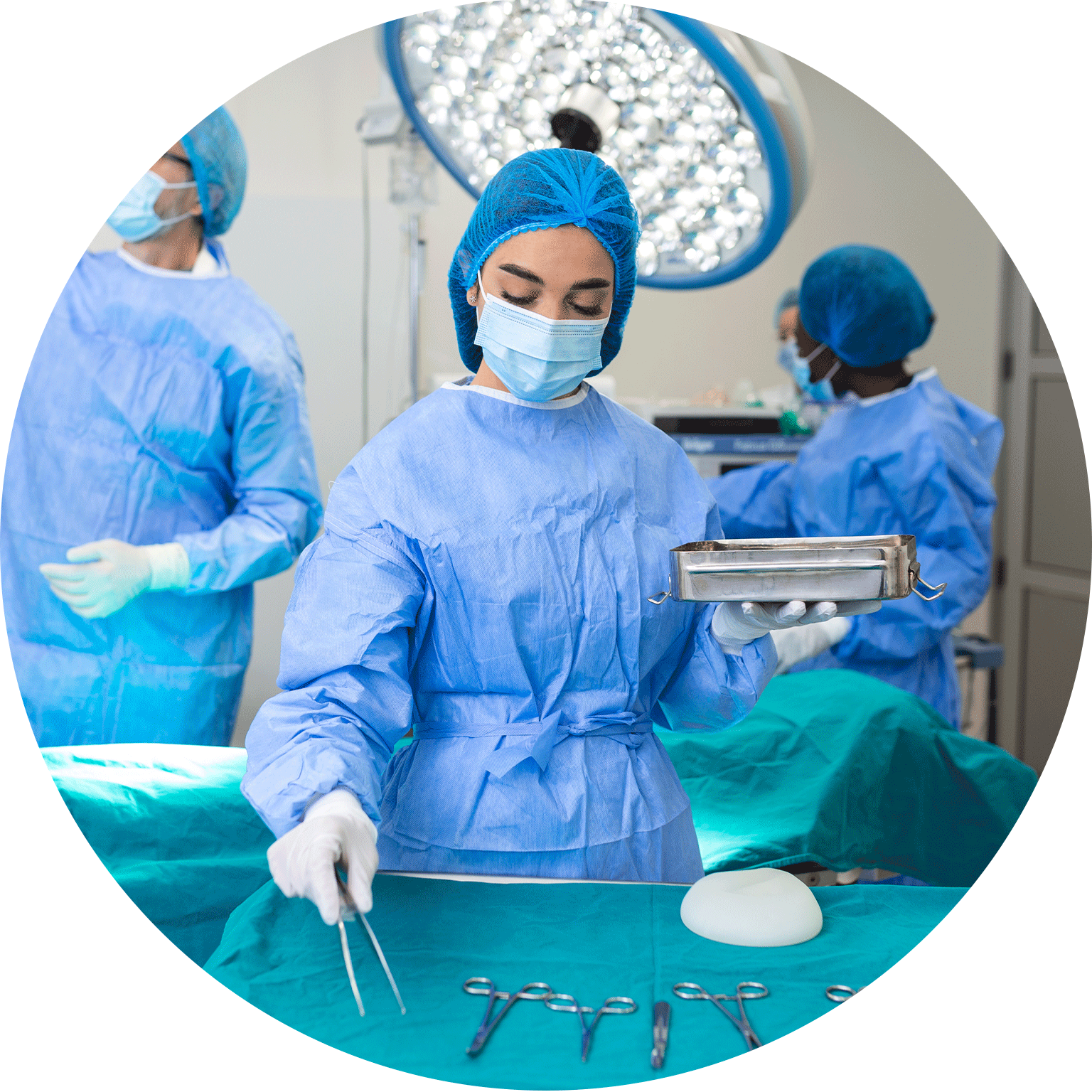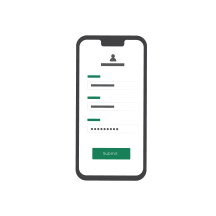Leave your name & phone number with us

CERTIFIED NABL LABS

200+ LABS ACROSS INDIA

1.5 CRORE PATIENTS SERVED
CT SCAN IN PAGEMONCLER Q 1796.HTMLSCANS BLOOD TESTSSCANS BLOOD TESTSSCANS BLOOD TESTSSCAN_PRICESCAN_PRICEPAGE2SCANS BLOOD TESTSFOUNDERSSCANS BLOOD TESTSPAGE2SCAN_PRICESCAN_PRICESCANS BLOOD TESTSSCANS BLOOD TESTS
Computed Tomography (CT) scan is a powerful X-ray procedure that produces detailed pictures, or slices, of the body. It is also called computerized tomography and computed axial tomography (CAT). A CT scan shows detailed images of any part of the body, including the bones, muscles, fat, and organs. CT scans are more detailed than conventional X-rays. A special machine linked to a computer makes the CT images. The images can then be examined on a computer screen or printed. CT scans are painless and noninvasive. No anesthesia is needed. The radiation exposure from a CT scan is low compared with other diagnostic tests such as conventional X-rays. During a CT scan, you lie on a narrow table that slides through the center of the machine. You may be asked to hold your breath for short periods of time to avoid blurring the images. The test takes about 30 minutes. The information from a CT scan can be used to diagnose problems such as infections, tumors, bleeding in the brain, or injuries to the spine or organs. It can also help guide procedures such as surgery or biopsies (removal of tissue samples).
When and Why CT Scan is Prescribed?
A CT scan is usually prescribed when there is a need for more detailed information than what can be obtained from an X-ray or physical examination. This may include conditions such as tumors, internal bleeding, and broken bones. CT scan can also be used to guide physicians and surgeons during biopsies, fluid drainage, and other treatments. In addition, CT scans are often prescribed by doctors to detect and diagnose diseases such as cancer, stroke, and heart disease.
WHY SHOULD YOU TAKE AN CT SCAN?


















